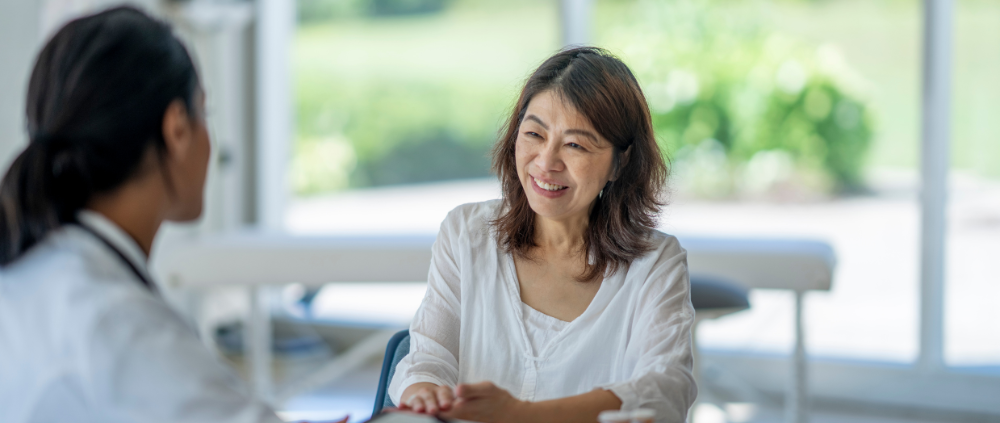Easy Steps to Keep Your Bladder Healthy
Good bladder habits can improve bladder control whereas poor bladder habits can lead to poor bladder control. Here are four steps to keep your bladder healthy!
Step 1 — Use Good Toilet Habits
- It is normal to go to the toilet four to six times per day (approximately every 3 ½ to 4 hours).
- You shouldn’t get up to go to the toilet more than once a night.
- Don’t get into the habit of going to the toilet “just in case.” Try to go to the toilet only when your bladder is full. Going to the toilet just before you go to bed is fine.
- Women should sit down to go to the toilet. Do not hover over the toilet seat.
- Take your time, relax when you are on the toilet. This helps your bladder to empty out fully. If you rush, you may not empty your bladder fully and over time can result in a bladder infection. You may even need to rock your body while on the toilet and then relax again for a second urination. This is called the double void technique.
Step 2 — Look After Your Pelvic Floor Muscles
- Keep your pelvic floor muscles strong with pelvic floor muscle training.
- Practice your Kegels after every bathroom trip (for example, while washing your hands), when you sit at a stoplight, check your watch, or wait on tv commercials. Contact a pelvic physical therapist to make sure you are doing Kegels correctly.
- Return to physical therapy if you feel you are regressing in any significant way. Remember, you will have “good days and bad days,” but you should feel like you are in control of your bladder for the most part.
Step 3 — Keep Good Bowel Habits
- Avoid constipation.
- Do not strain when using your bowels. This puts extra load onto your pelvic floor muscles and may weaken the muscles. The pelvic floor muscles help with bladder and bowel control.
- Eat two pieces of fruit and five servings of vegetables daily.
- Keep active. Physical activity helps to keep your bowels regular.
Step 4 — Drink Fluid Every Day
- Fluid is everything you drink. Fluid includes milk, juice, and even soup, but the best fluid to drink is water.
- Cut down on how much caffeine and alcohol you drink, as these may upset your bladder. There is caffeine in chocolate, coffee, and tea. Avoid fizzy drinks which contain caffeine, including cola and sports drinks.
Christie DeCraene, PT is an outpatient Physical Therapist who has over 25 years of experience treating not only Women’s Health issues but also orthopedic and neurological deficits. Christie uses a variety of treatment approaches with an emphasis on education, function-based therapeutic exercises, and manual-based treatments.



